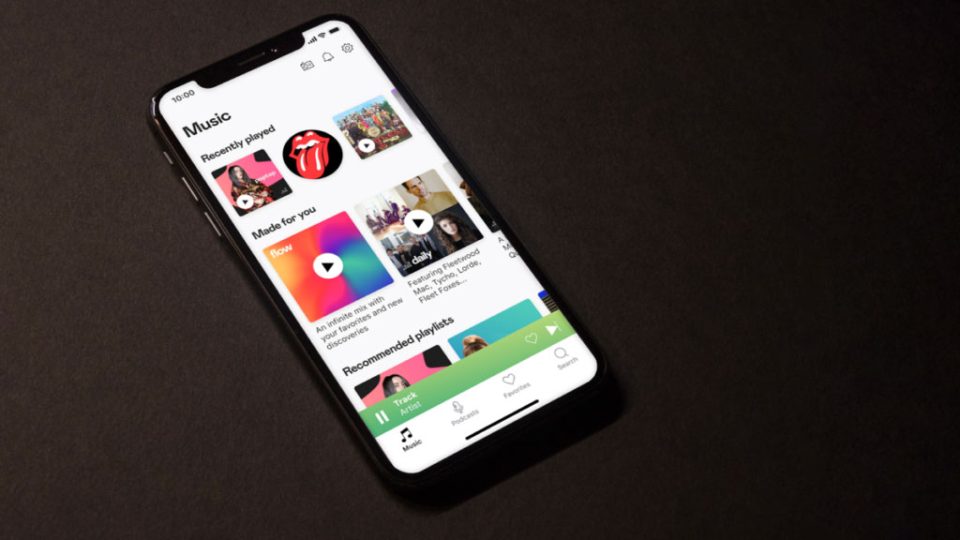In a groundbreaking move for the music streaming industry, Paris-based Qobuz has publicly revealed its per-stream royalty rate. The company reported an average payout of $0.018732, or approximately 1.8782 cents, per stream for the year ending March 31, 2024.
This disclosure marks a significant step towards transparency in an industry that has long kept such figures under wraps. Georges Fornay, Qobuz’s deputy CEO, emphasized the importance of this move, stating, “Today, we are taking this step for greater transparency.” He added that this initiative represents a crucial step towards fostering a more equitable and sustainable streaming model.
Qobuz’s royalty rate stands out as notably higher than industry averages. For context, Spotify, which trades on the New York Stock Exchange under the ticker SPOT, reportedly paid around $0.003 per stream in 2024, according to an analysis by catalog investor Duetti. This places Qobuz’s payout at approximately 6.2 times higher than Spotify’s rate.
Several factors contribute to Qobuz’s ability to offer higher royalties. The company operates without an ad-supported tier, which typically pays less than subscription models. It also offers premium features such as uncompressed audio files and high-resolution sound, justifying higher subscription prices. Qobuz’s average revenue per user (ARPU) stands at $121.13 annually, or $22.38 monthly, significantly higher than Spotify’s reported ARPU of $5.29 for the quarter ending December 31, 2024.
Geographical factors also play a role in Qobuz’s royalty structure. The service is available in 26 markets, including the U.S., Japan, the U.K., Germany, France, Sweden, and Canada, where consumers tend to invest more in music subscriptions. Notably, Qobuz is not present in emerging markets like India, where subscription prices are lower and free, ad-supported options are more popular.
The music streaming landscape is highly competitive, with various players vying for market share. According to recent data, other major streaming services and their approximate per-stream payouts include:
- Amazon Music: $0.00402
- Apple Music: $0.007 – $0.01
- YouTube Music: $0.00200
- Tidal: $0.0125 – $0.015
- Napster: $0.019 – $0.021
Qobuz, founded in 2007, has positioned itself as a premium service in the streaming market. As of June 2023, the platform offered over 100 million tracks. The company has also been at the forefront of audio quality, being the first to offer CD-quality, 16 bit/44kHz files for streaming.
While Qobuz’s higher royalty rate is commendable, it’s important to note that the impact on artists’ earnings may still be limited. For instance, 1000 streams on Qobuz would generate about $18.73 for rights holders, compared to $3 on Spotify. However, given that a significant portion of songs on streaming platforms receive fewer than 1,000 streams, the real-world impact for many artists may be modest.
As the streaming industry continues to evolve, Qobuz’s move towards transparency could potentially influence other players in the market. Whether this will lead to industry-wide changes in royalty structures or reporting practices remains to be seen. For now, Qobuz has set a new standard for openness in an industry that has long been criticized for its opacity regarding artist compensation.

